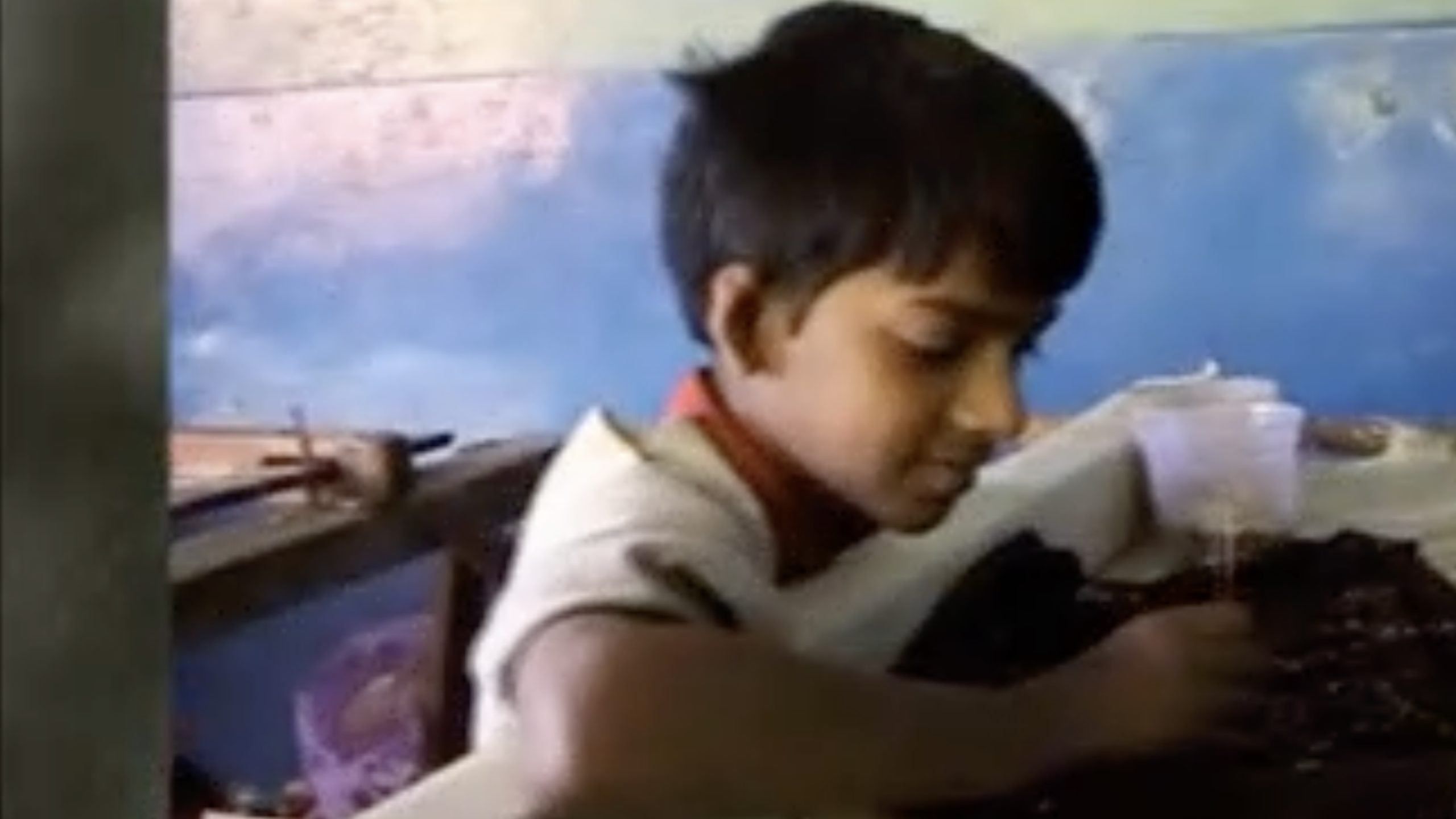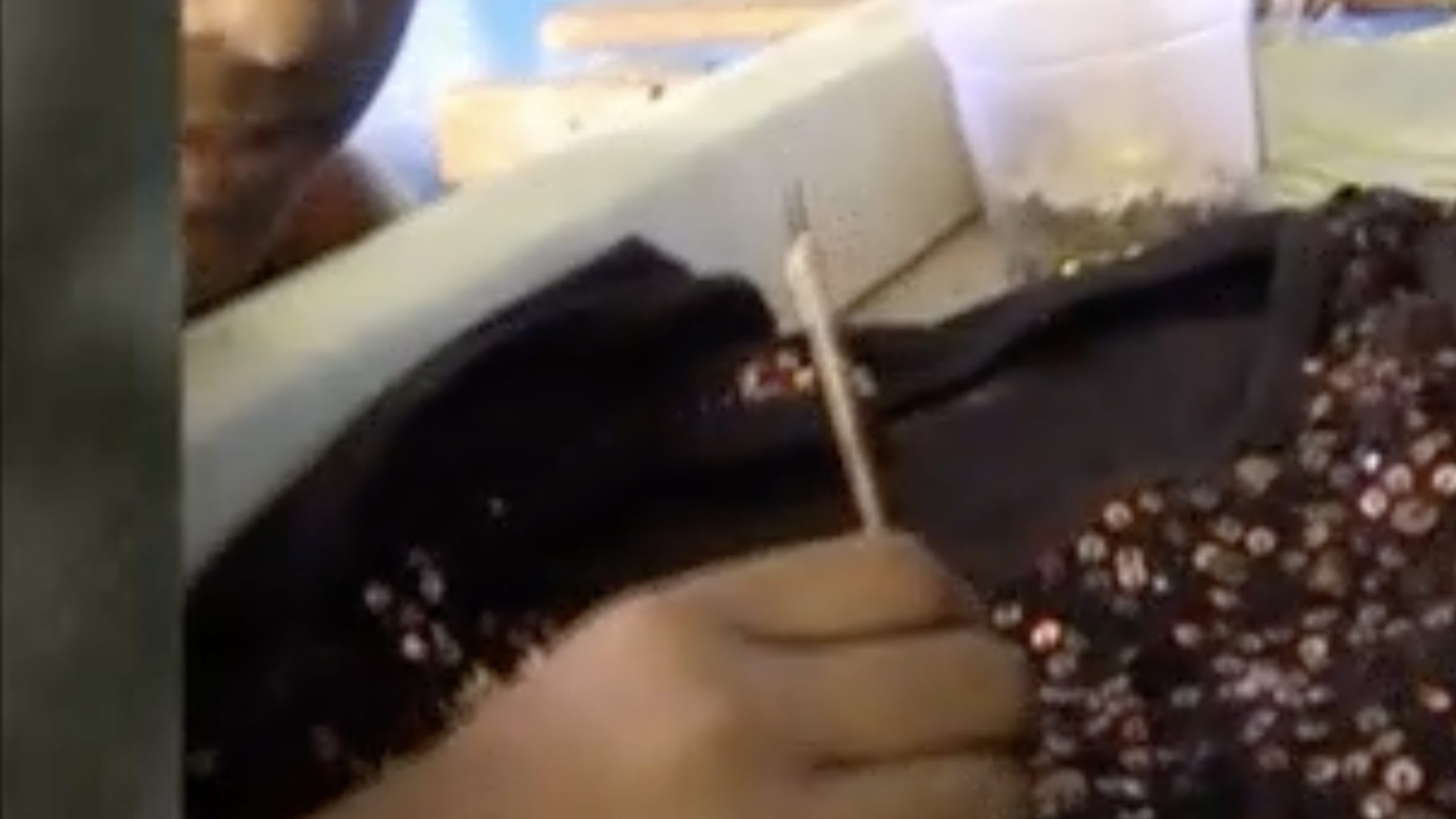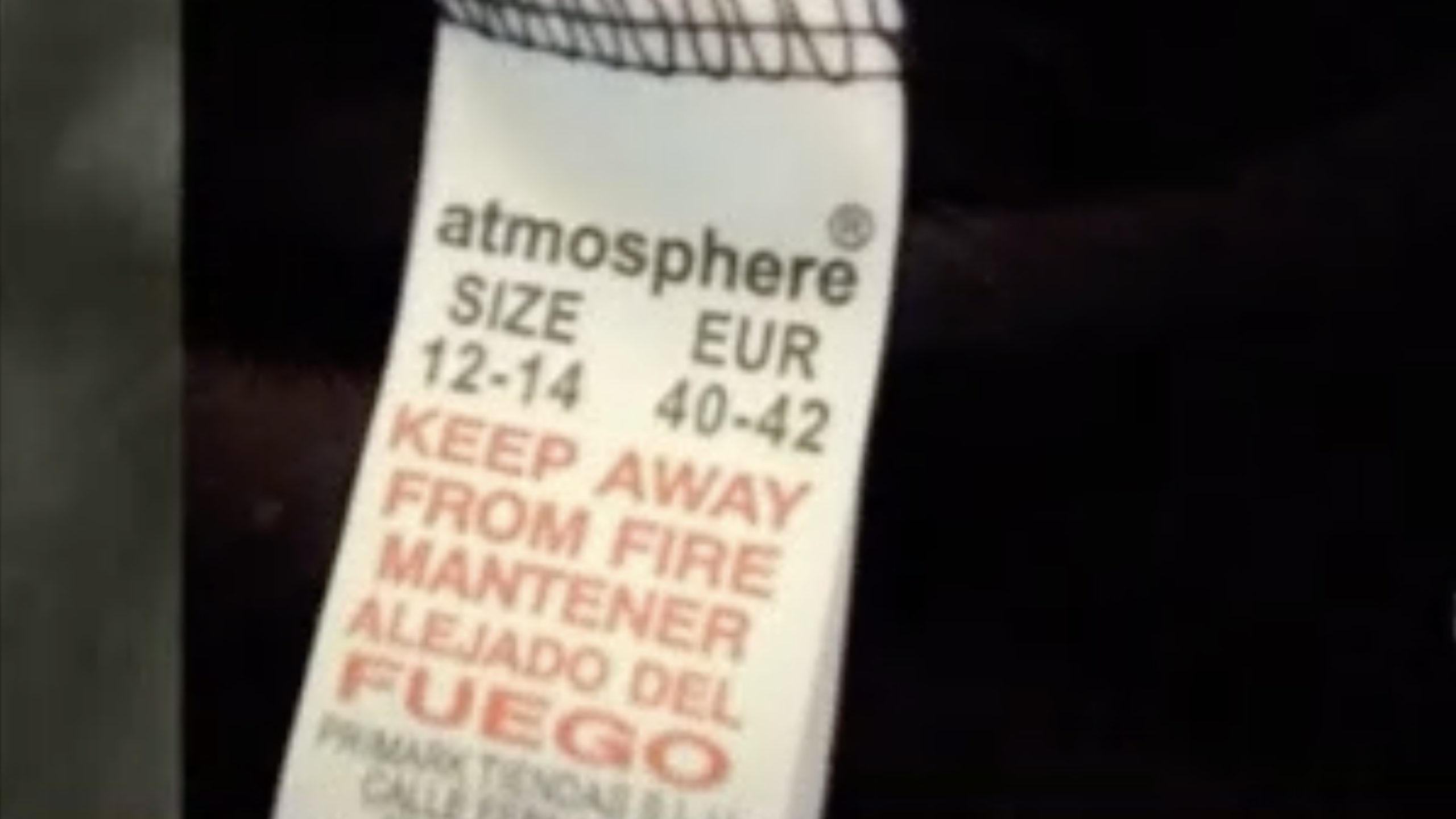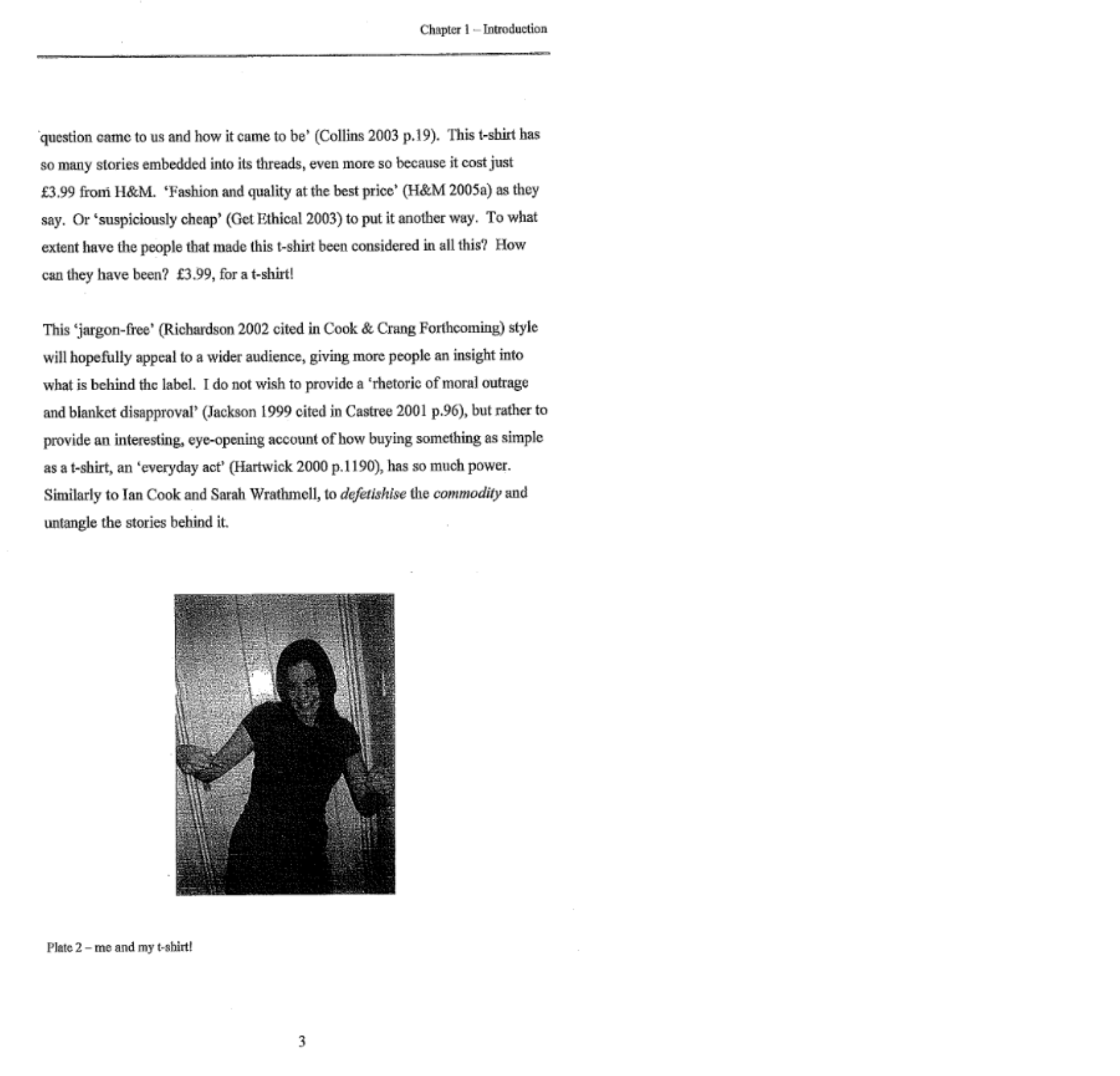
followthethings.com
Grocery
“McLibel“
A documentary film written by Franny Armstrong and directed by Franny Armstrong & Ken Loach for Spanner Films.
First released in 1998, extended version released in 2005 (the trailer for the latter version is embedded above). Search online to stream the whole film here. DVD extras Youtube Playlist is here. Original protest leaflet is here. Campaign website here.
Gardener Helen Steel and postman David Morris hand out leaflets outside McDonald’s restaurants in London. They tell consumers what’s wrong with the company and its food. Especially the cruelty in its meat supply chains. McDonald’s sues them for libel. What follows is the UK’s longest libel trial. An extraordinary ‘David vs Goliath’ drama in which the defendents defend themselves against McDonald’s highly paid corporate lawyers. When it’s over, it’s called it the ‘biggest public relations blunder in the history of public relations blunders’. It’s the earliest example we have found of the ‘Streisand Effect ‘in trade justice activism: where efforts to silence a critique of corporate misbehaviour backfire so spectacularly that the critique is amplified! Millions of people around the world got to know about Steel and Morris’ leaflets because McDonald’s sued them in court and because Franny Armstrong filmed what happened! TV channels couldn’t show her film because they feared McDonald’s will sue them. But McLibel film became a ‘cult classic’, nevertheless. The 2005 remake – with added courtroom re-creations – was released on DVD after films like Morgan Spurlock’s Supersize Me focused mainstream criticism on McDonald’s. In 2016, Armstong’s production company released McLibel in full on YouTube. Everybody could see it now. In 2024 it gained renewed attention when the young lawyer who gave Steel and Morris legal advice became the UK’s Prime Minister: Keir Starmer.
Page reference: Hannah Doherty, Rosie Benbow, Philippa Day, Meike Schwethelm, Hannah Griffiths and Alice Nivet (2013) McLibel. followthethings.com/mclibel.shtml (last accessed <insert date here>)
Estimated reading time: 59 minutes.
Continue reading McLibel ![]()





